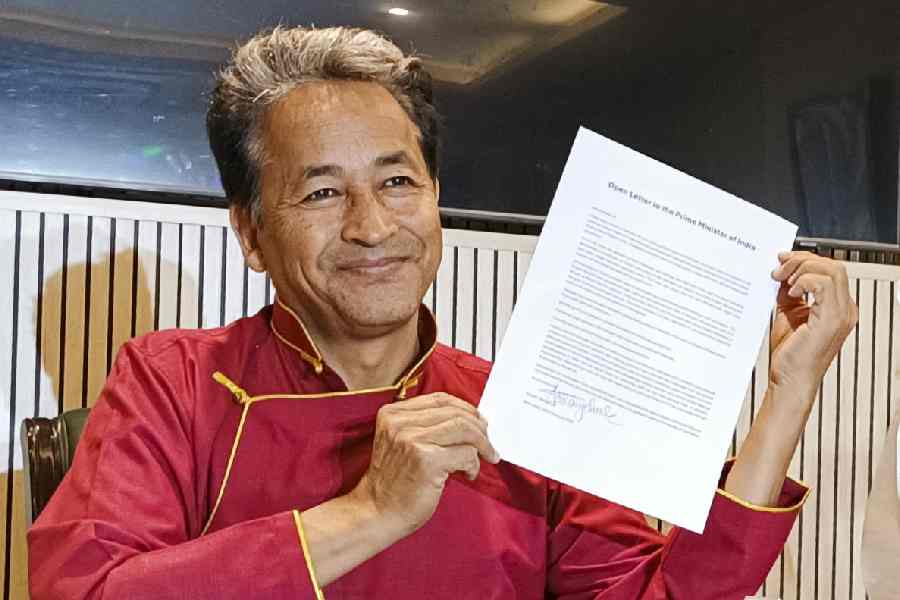An international arbitration tribunal has directed the Indian government to pay $1.2 billion in damages to UK’s Cairn Energy — the second such embarrassing loss for the Modi government following the one to Vodafone in another arbitration matter just three months back. Both the cases were against a controversial 2012 retrospective tax legislation that gave the Indian government the power to go after M&A deals all the way back to 1962 if the underlying asset was in India.
The international arbitration tribunal ruled unanimously that India had breached its obligations to Cairn under the UK-India Bilateral Investment Treaty and awarded Cairn damages of $1.2 billion plus interest and costs, Cairn Energy said in its statement.
In September, the government had lost a $2-billion retrospective tax against Vodafone.
The second loss is particularly jarring to the Modi government as it may have to make the payments to Cairn Energy at a time its revenues have got depleted by the coronavirus pandemic.
The three-member international arbitration tribunal in The Hague, which also comprised a nominee of the Indian government, unanimously ruled that India’s claim of Rs 10,247 crore in past taxes over a 2006-07 internal reorganisation of Cairn’s India business was not a valid demand.
India had “failed to accord the claimants’ (Cairn Energy’s) investments fair and equitable treatment” under the bilateral investment protection pact the nation had with the UK, the tribunal said in a 582-page order.
The tribunal ordered the government to return the value of shares it had sold, dividends seized and tax refunds withheld to recover the tax demand. The government was asked to compensate Cairn “for the total harm suffered” together with interest and cost of arbitration, according to the order.
The finance ministry said it would be studying the award in the arbitration case under the India-UK Agreement for Promotion and Protection of Investments invoked by Cairn Energy Plc and Cairn UK Holdings Limited in “all its aspects carefully in consultation with its counsel”.
“After such consultations, the government will consider all options and take a decision on further course of action, including legal remedies before appropriate fora,” it said in a statement.
Cairn said: “The tribunal established to rule on its claim against the government of India has found in Cairn’s favour… The tribunal ruled unanimously that India had breached its obligations to Cairn under the UK-India Bilateral Investment Treaty and has awarded to Cairn damages of $.2 billion-plus interest and costs, which now becomes payable,” Cairn Energy said in a statement.
“Perhaps the outcome shall lead to alterations in the decision to appeal against the Vodafone ruling, for which India was awaiting the award in this particular case,” Sonam Chandwani, managing partner at KS Legal & Associates, a law firm said.
Chandwani said the government would have to shell out huge sums, in each of the two consecutive blows on Delhi. Consequently, India might be eyeing key changes in prevalent laws to mitigate the loss, including the withdrawal of the 2012 amendment to settle the tax disputes.
Rishab Gupta, partner, Shardul Amarchand Mangaldas & Co, said if the Centre wanted to challenge the award, it would have to do so in the Dutch courts as the seat of the arbitration was The Hague. The Indian government would have three months from the date of the award to file any challenge. “In the meantime, Cairn would be entitled to enforce the damages award world-wide against India’s assets, as long as those assets are not immune from enforcement,” Gupta said.
Cairn had challenged the Indian government seeking taxes over an internal business reorganisation using the 2012 retrospective tax law, under the UK-India Bilateral Investment Treaty.
Cairn Energy, which gave the country its biggest oil discovery, was in March 2015 slapped with a tax demand of Rs 10,247 crore over alleged capital gains it made by reorganising its India unit into a separate subsidiary for listing on local stock exchanges.
Cairn Energy in 2010-11 sold Cairn India to Vedanta but held a small stake in the firm, which was sold by the tax department to partly recover the tax demand.
In September 2020, international arbitration court ruled that the Indian government seeking Rs 22,100 crore in taxes from Vodafone using retrospective legislation was in "breach of the guarantee of fair and equitable treatment" guaranteed under the bilateral investment protection pact between India and the Netherlands.
This is the second loss the government has suffered in three months over the retrospective levy of taxes. In September, UK's Vodafone Group won an international arbitration against the demand of Rs 22,100 crore in taxes.
Sources said the government had so far not appealed against the arbitration loss in the Vodafone case and the Cairn arbitration award may hasten a decision on it.
The government, which does not have to pay any monetary compensation to Vodafone, had till December 24 to challenge the award before a court in Singapore - which was the seat of that arbitration.
The government has to reimburse Vodafone 60 per cent of its legal costs and half of the 6,000 euros cost borne by Vodafone for appointing an arbitrator on the panel. Sources said the Government of India's liability came to Rs 85 crore in legal cost.
Since coming to power in 2014, the Modi government has maintained it will not go in for more retrospective taxation, a move that was taken by the previous UPA regime. But it never withdrew the cases, which has been a cause of concern for international firms.
Under the UPA regime, then-finance minister Pranab Mukherjee had proposed amending the Income Tax Act, 1961, with retrospective effect, with the aim of allowing the country to retrospectively tax cross-border transactions in which the underlying assets are located in India.










